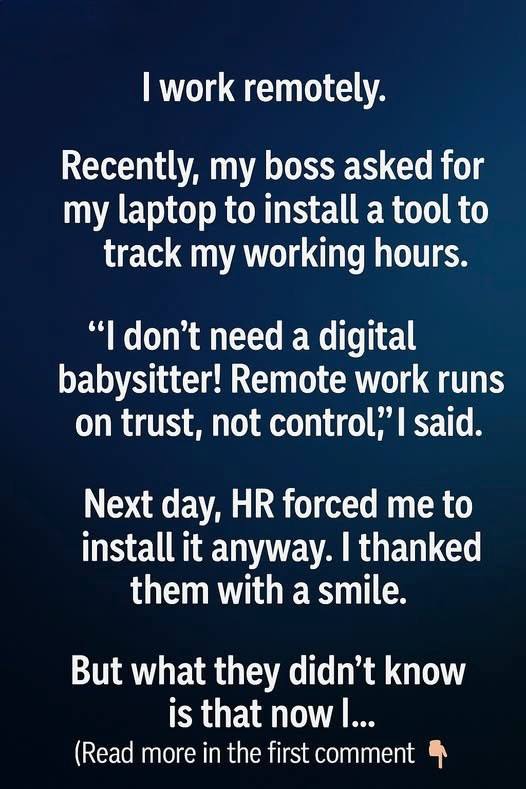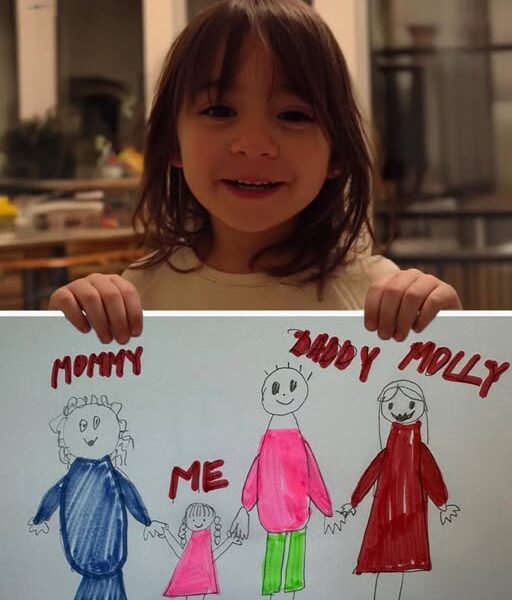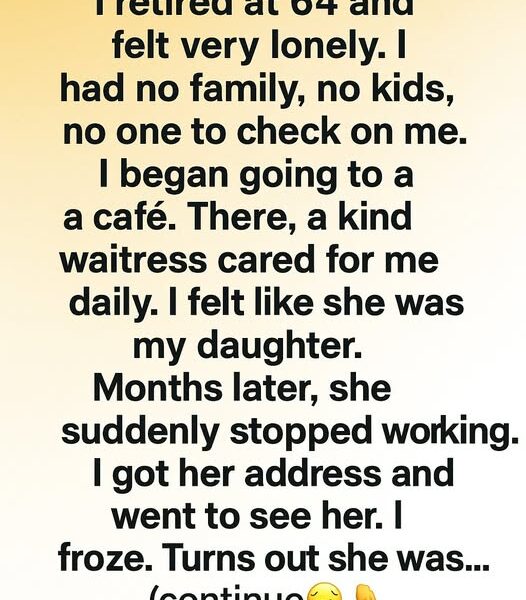When my boss asked for my laptop to install a work-tracking tool, I almost laughed. “I don’t need a digital babysitter,” I told him. “Remote work runs on trust, not control.” I believed that completely. Remote work had given me freedom — the kind that lets you take ownership of your time, your results, your rhythm. So when they wanted to install software that monitored my hours, mouse movements, and activity logs, it felt like a slap in the face.
But the next morning, HR made it official. “It’s company policy,” they said, smiling in that HR way that tells you resistance is pointless. So I smiled back and handed over my laptop. If they wanted to watch, fine. I had nothing to hide.
Still, deep down, I was irritated. I’d earned trust through results. I wasn’t one of those people pretending to work while scrolling through social media. Yet suddenly, all of us were under the same digital microscope. I told myself I wouldn’t let this change the way I worked — but it did. Not in the way I expected, though.
At first, the software made me self-conscious. I caught myself worrying about the idle timer, checking if the system thought I was “active” enough. It felt ridiculous. I was doing real work — thinking, planning, writing — but apparently, the system only cared if my mouse moved. That kind of thinking breeds resentment fast.
So I had a choice: complain or adapt. I decided to adapt — but on my own terms.
Instead of seeing the tracking tool as surveillance, I started treating it as accountability. If it was going to track my hours, I’d make every hour count. I created a tighter daily structure: tasks with clear outcomes, short breaks that actually refreshed me, and no more half-distracted multitasking. I stopped treating work like something I had to perform for a system, and started doing it for myself — clean, efficient, deliberate.
Once I shifted my mindset, something changed. The frustration faded. The tracking tool wasn’t controlling me; I was using it to sharpen my focus. It became a mirror — showing me where my time actually went. I saw patterns: how much I drifted after lunch, how long small tasks really took, how deep I could focus when I shut off distractions.
That data wasn’t punishment — it was insight.
I began experimenting. I blocked notifications, turned off email pings, and created silent work windows. The difference was immediate. My output improved, my mind felt lighter, and I wasn’t chasing time anymore. I was owning it. The irony wasn’t lost on me — the tool that was meant to monitor me was helping me master myself.
Meanwhile, my boss noticed the change. Not because the tracker told him anything special, but because my communication and consistency improved. I didn’t just meet deadlines — I beat them. I started updating progress before he even asked. Meetings became shorter, more focused, because I came prepared.
A few weeks in, he stopped mentioning the tracking tool altogether. Instead, he began giving me more freedom — flexible hours, independent projects, trust. The very thing I thought that software had taken away came back, stronger than before.
That’s when I realized something important: control isn’t always the enemy. Sometimes it’s the pressure that refines you.
I used to think trust and structure couldn’t coexist. I thought autonomy meant zero oversight. But the truth is, discipline and freedom depend on each other. You can’t truly have one without the other. Trust means nothing if you’re not reliable. And reliability means nothing if it only exists when someone’s watching.
That tool on my laptop used to feel like a symbol of control. Now, it’s just a quiet reminder that growth often hides inside discomfort.
Because that’s what it was, really — a test of ego. My pride didn’t want anyone watching me work. My sense of independence hated being measured. But once I got past that, I saw what the situation was offering: a chance to become sharper, more deliberate, more accountable to myself than I’d ever been.
There’s a difference between working hard and working with intention. Before, I’d drift between tasks, telling myself I was “busy.” Now, I start my day knowing exactly what needs to be done and how I’ll measure it. I’ve learned that focus isn’t a mood — it’s a muscle. You strengthen it by showing up, consistently, no matter how you feel.
Remote work is still built on trust, but I’ve learned that trust starts with discipline. It’s not about whether your company monitors you or not. It’s about whether you can hold yourself accountable when no one else does.
That’s the part no software can track — your sense of ownership.
I started using small rituals to keep my head in the right place. Morning coffee, a short to-do list, one big goal for the day. No overcomplicated productivity hacks, just clear priorities. If I got them done, the day was a win. If not, I didn’t blame the tracker — I looked at where I slipped.
Funny thing is, the tracking reports stopped mattering. My boss barely looked at them anymore. My results spoke louder. My attitude did too. The same HR department that once “forced” me to install the tool later pointed to my progress as an example of great remote performance. I had to laugh.
Looking back, that tool didn’t change who I was — it revealed who I could be.
Most of us resist control because it feels like a threat to our independence. But sometimes, it’s the very thing that exposes our limits — and pushes us past them.
I learned that real freedom isn’t doing whatever you want; it’s mastering what you have to do, even when no one’s watching. It’s the quiet pride of knowing you can rely on yourself, not just your environment.
Now, when I see that small icon blinking in the corner of my screen, I don’t feel watched. I feel grounded. It’s not a symbol of control anymore — it’s a reminder of how far I’ve come.
Because growth rarely comes wrapped in comfort. Sometimes, it arrives disguised as a policy you hate, a system you didn’t choose, or a rule you think is unfair. But if you look deeper, those things don’t limit you. They challenge you to level up.
And that’s what this experience taught me: discipline and trust aren’t opposites — they’re partners. You need both to grow, both to lead, both to earn the kind of freedom that lasts.
Remote work still runs on trust. But now, I know that trust means more when it’s backed by proof — the kind that no software can fake.
The tracking tool didn’t make me a better employee. It made me a more accountable person. And once that clicked, everything about my work — and myself — changed for the better.


